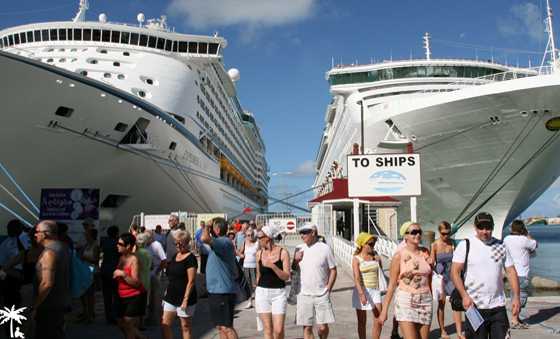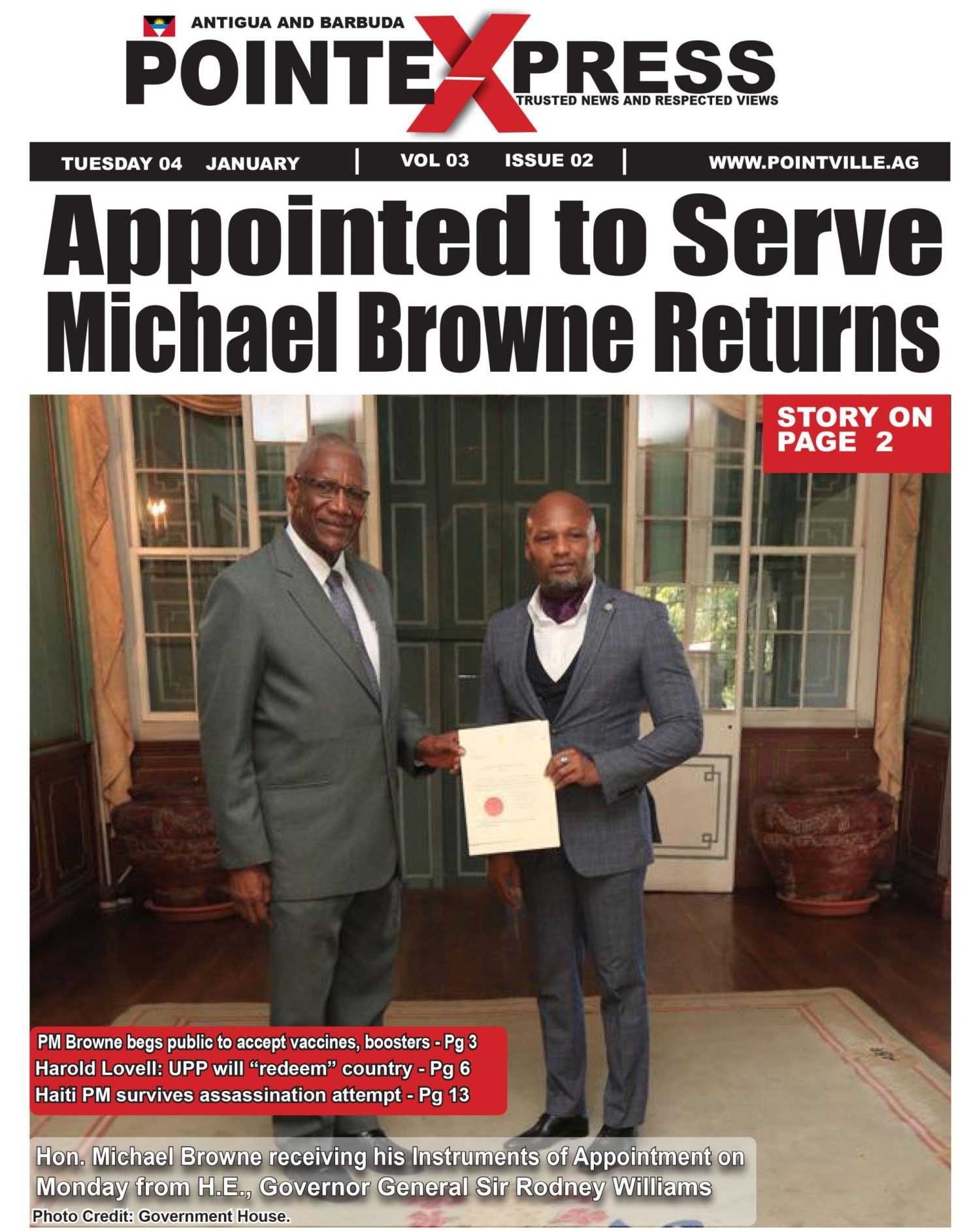Despite the recent surge in COVID-19 numbers, Antigua and Barbuda’s cruise arrivals will remain unaffected, for now.
The January cruise arrival calendar released by the Antigua & Barbuda Port Authority revealed a packed itinerary with 30th January being the only vacant day on the schedule.
On several days throughout the month, Antigua and Barbuda will host as many as six vessels across its several ports in St. John’s, Falmouth and Barbuda.
Only three vessels have cancelled their January calls to the island.
While there is no indication that this will change, industry observers are cautious as the Omicron variant of the COVID-19 virus is now confirmed to have made its way to the region. On 30th December, 2021, health officials in neighbouring St. Kitts and Nevis confirmed the presence of the latest COVID-19 variant among their local population.
Officials here in Antigua and Barbuda have not yet confirmed whether the more transmissible Omicron variant is in circulation.
Hoteliers, meanwhile, remain optimistic that 2022 will be more fruitful for them in the wake of a devastating 2020 and lacklustre 2021 due to the continuing pandemic.
At the close of 2021,Vice Chairman of the Antigua and Barbuda Hotels and Tourism Association, Alex deBrito hinted that a crisis could again be looming over the sector as there has been a notable rise in booking cancellations. Despite this, he expressed hope that the 2021/2022 winter season would be successful.
Beyond this season however, deBrito suggested that there is the very real possibility that there will be difficult days ahead for the local tourism industry.
A number of countries across North America and Europe – the region’s two largest tourism target markets – have tightened measures related to travel and social activities since the discovery of the Omicron variant late last year.
There are also renewed calls for persons to accept one of the several available approved vaccines or to take a booster shot if they qualify.
These steps stop short of the more rigid lockdowns which were implemented at the start of the pandemic in an attempt to reduce infection rates, hospitalisations and deaths.
Governments in developed countries appear to be hesitant to take the route of lockdowns to manage the latest surge of infections, however in what is being called a “soft lockdown” many businesses are voluntarily opting to close out of an abundance of caution.
While the Omicron variant is far more transmissible than its predecessor Delta, medical experts say that it appears less likely to result in severe disease or death.



